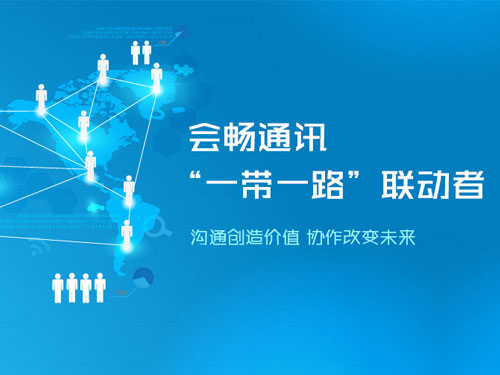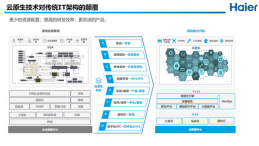BOSTON — Avaya is planning
a core server with which
customers and independent
software vendors can easily
build presence, voice and other
communications modes into
business applications.
SIP Application Server is
software is based on the
platform of the same
name that Avaya bought last year when it acquired Ubiquity Software.
Ubiquity had developed the platform for carriers to create new customer
services, but Avaya has modified it for deployment in corporate networks
, the company says. (Compare unified communications products.)
SIP Application Server, due in 2009, unifies access to shared resources
such as media servers, presence servers and communications services
, such as messaging and recording, says Karyn Mashima, Avaya's Senior
Vice President for Strategy and Technology, Mashima, who spoke during
the company's analyst conference this week.
Developers that want to incorporate these or other features into
business applications can do so by writing code to the server, and the
server will draw in the other elements needed to execute them.
For example, a supply-chain application that lists vendors could be
written so running a mouse over the name tells their presence status
and clicking on the name calls them on the phone. The supply-chain
application would interface directly with SIP Application Server, which
would interact with the presence server and the call server to enable
the features.
Initially, Avaya will write its own applications for SIP Application
Server, but will eventually open it up to ISVs and customers, says
interim CEO Charles Giancarlo.
The server parallels efforts by Microsoft with its Unified
Communications Server, Cisco with its WebEx Connect, Siemens with
its OpenScape Unified Communications Server and NEC's Spherical Web
Services, says Zeus Kerravala, an analyst with the Yankee Group.
"The winners of UC long-term will be those that figure out how to
make UC pervasive," Kerravala says. "How do I get presence capability
into more applications, click-to-call into more applications? To me
, that's more important than the UC platforms themselves because
that's what will make UC ubiquitous."
According to an IDC study published in August, many businesses are
interested in UC, with about a quarter of those deploying it in a
few branch offices, about a fifth saying they did so at a large
number of sites and about a fifth saying they deployed it
corporatewide. [NextPage]
The Avaya server is scheduled
to be available next year, Giancarlo
says.
The company also plans upgrades
to its endpoint software in phones
and softphone agents on laptops
and desktops, he says. The goal is
to make the endpoints function as
intuitively as cell phones do and
to embrace consumer tools and
social networking that users understand
and find useful outside the office, Giancarlo says.
For example, an incoming call to a call center might trigger a popup
on an IP phone that shows the Facebook or Linked-in profile of the
caller, Mashima says.
Avaya customers can expect some changes in the way the company
interacts with them as well, Giancarlo says. Traditionally, PBX
vendors went through the telecom manager and later IP PBX vendors
approached the IT directors with their wares.
That will continue, but Avaya also will bring in users from customer
business units, he says. The idea is to better understand what
business tasks customers are trying to perform and to facilitate
them via the UC platform. "No other vendor is fully focused on
individual users, department managers or division heads," he says.
Avaya also is shifting its sales model to make more use of its channel
partners to install products that customers buy. The aim is to have 85%
or more of customers handled by channel partners, says Todd Abbott, a
senior vice president of sales and the president of field operations
for the company.
The company has set a goal to make more customer interactions
self-service, so people buying software or upgrading existing software
can do so online.
Giancarlo says Avaya and Cisco are the two UC vendors financially
stable enough to weather the current economic problems well, and Avaya
will actually benefit from them. "I think it's a great opportunity.
During a downturn is when marketshare changes happen, and I think this
is our time to pick up marketshare," he says.
Avaya had $5.2 billion in revenues during the fiscal year that ended
Oct. 1 and has $677 million cash on hand, he says. "Cash is good
leverage to have going into '09," Giancarlo says.
The company has sorted through possible permanent CEOs to replace
Giancarlo, who stepped in after former CEO Lou D'Ambrosio stepped
down for health reasons last June. He says the company has narrowed
the field to a select group of well-qualified candidates and will
announce its choice early next year.










































































































 京公網(wǎng)安備 11010502049343號(hào)
京公網(wǎng)安備 11010502049343號(hào)